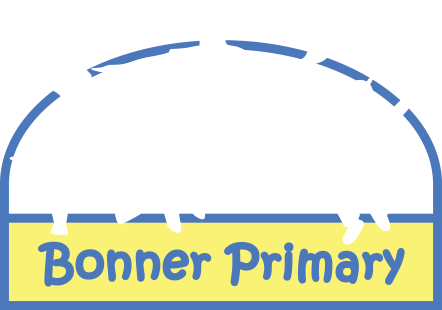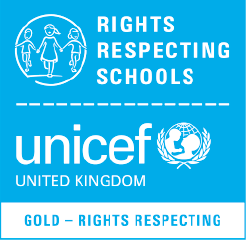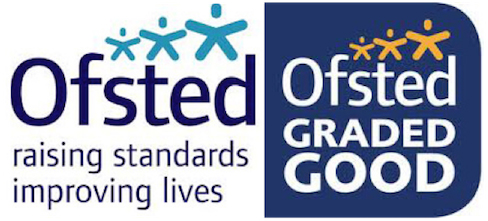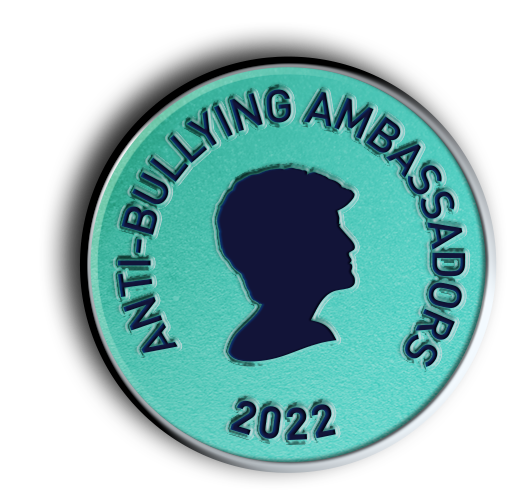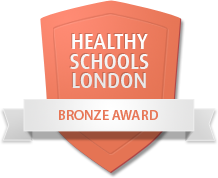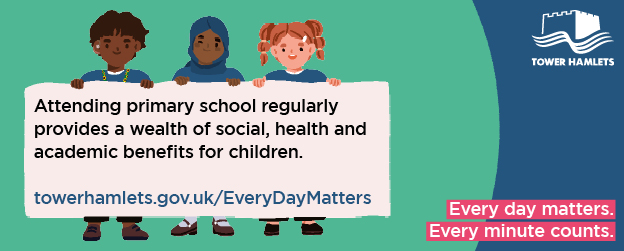Enriching the Science Curriculum
To help create a sense of wonder, the science curriculum at Bonner Primary School has enrichment activities and trips built in for all children with the aim of getting children excited about science. Last year the children were particularly enthusiastic to meet our special visitors, including five owls.
Other activities our children have taken part in include: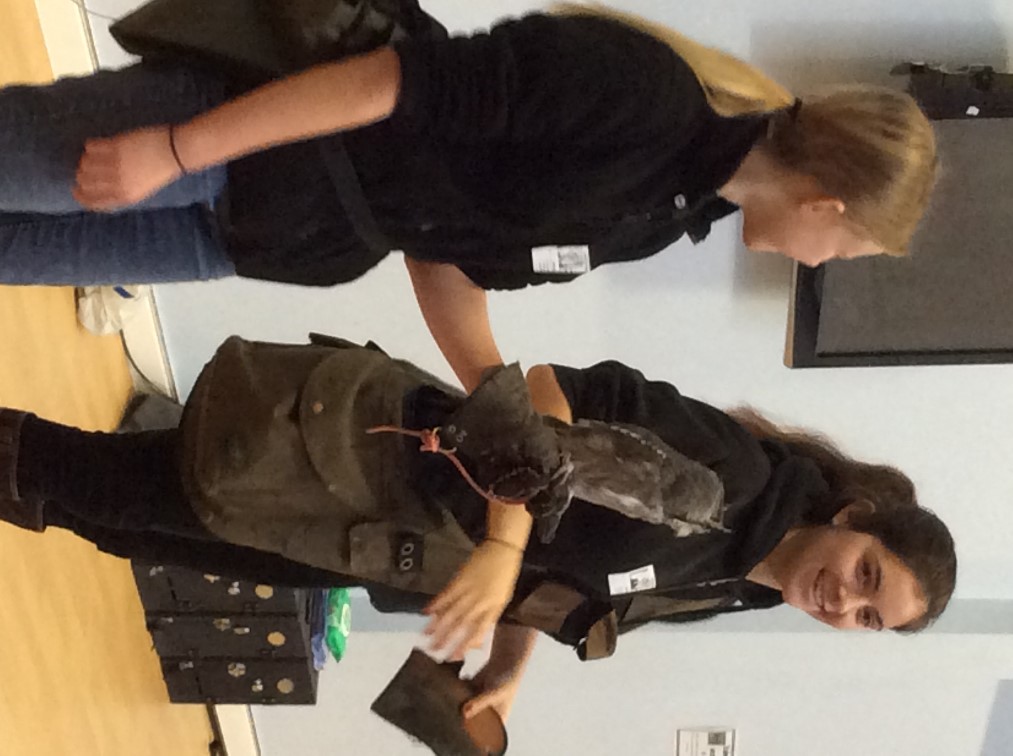
- making volcanoes;
- testing carrier bags;
- making and launching rockets;
- developing tree crystals;
- building parachutes for eggs;
- making raisins dance
- creating a worm farm; and
- clearing up an oil slick.
In addition, some of our children have enjoyed spending the night in the science museum and we have even held our own residential space camp!
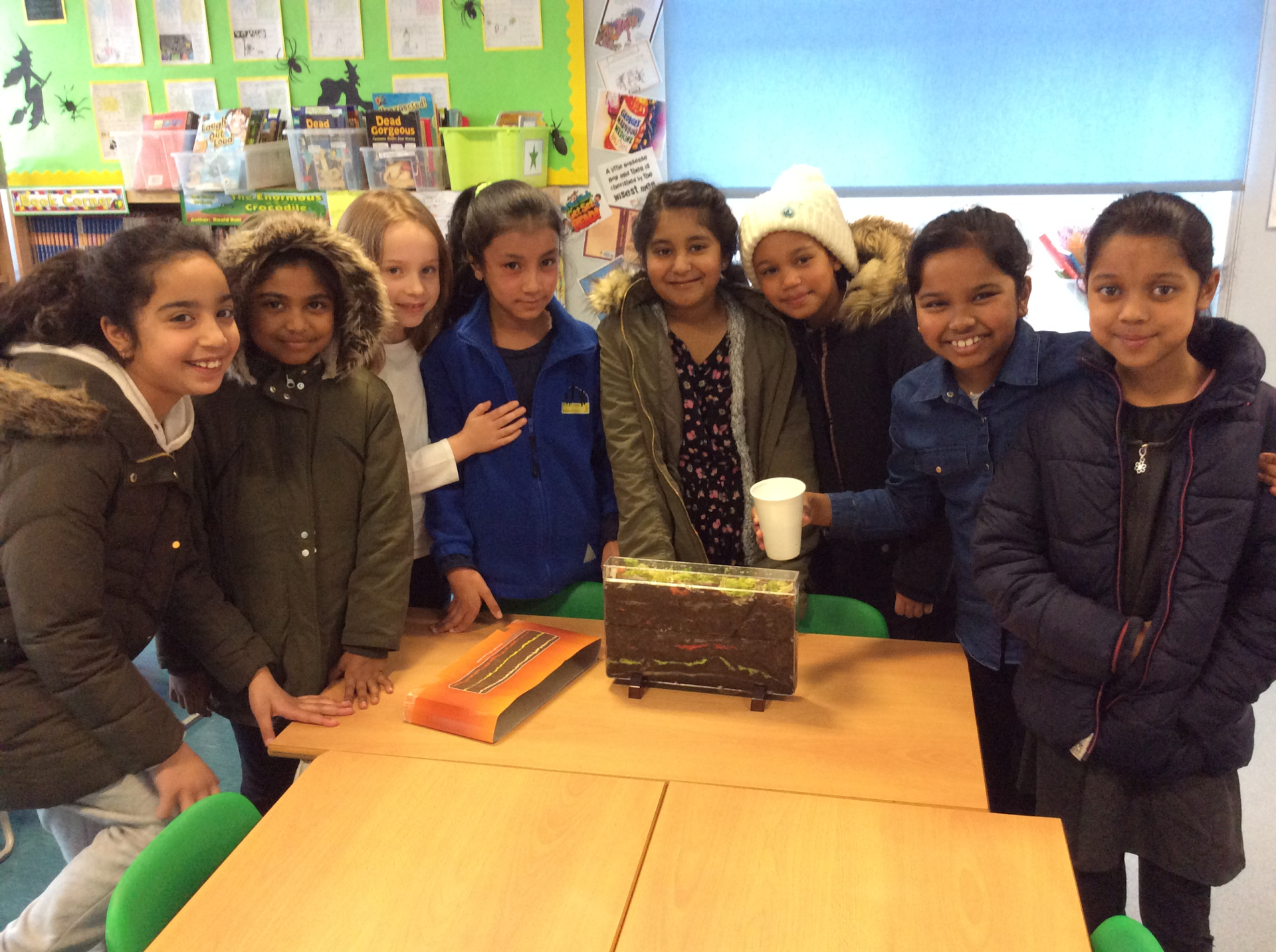
To further support the learning of our very able scientists, we also take part in competitions, such as the Forest School science competition. We were very pleased to win the best teamwork award.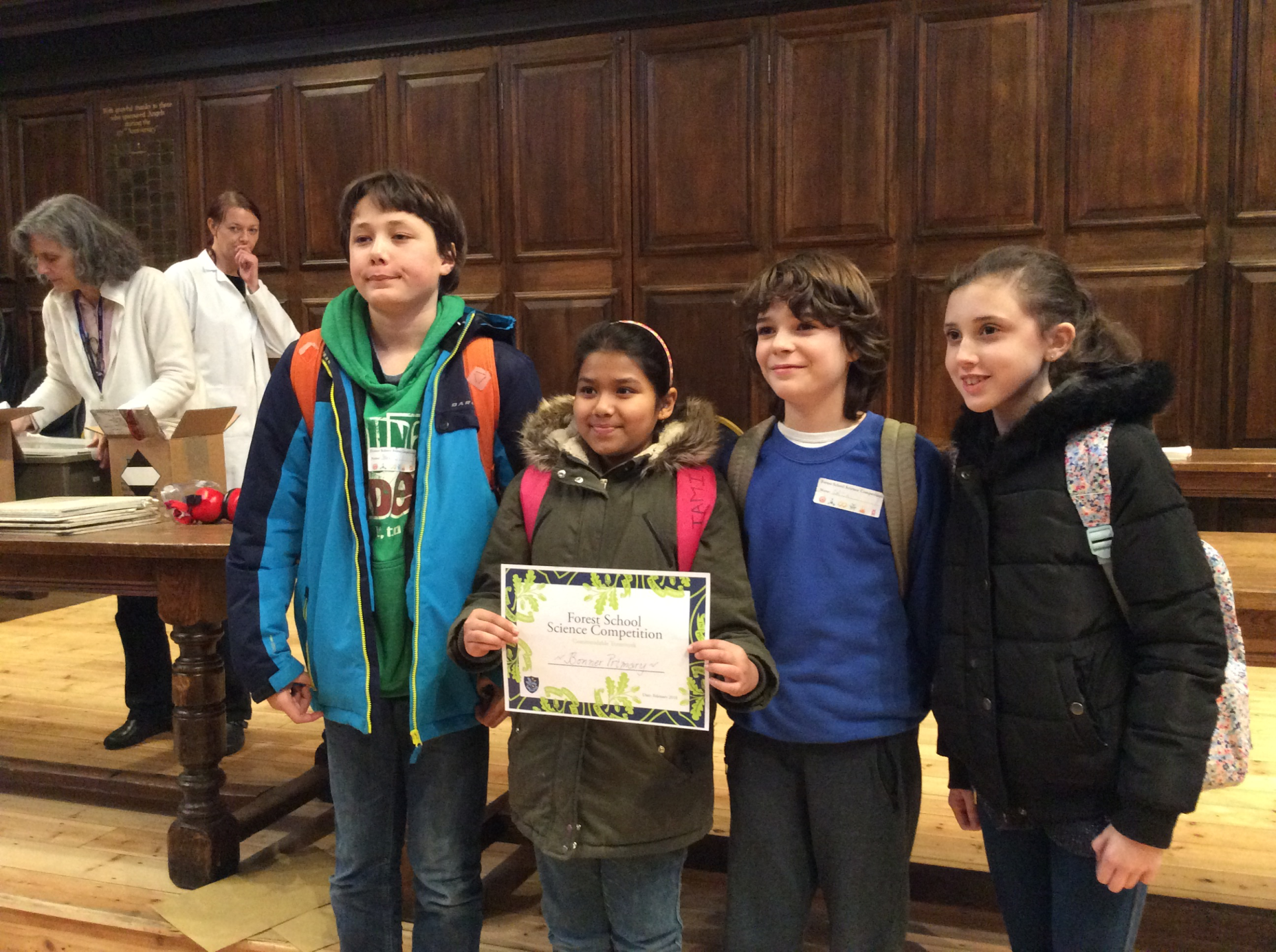
We are very aware of our urban school setting and as a result our reception classes actively participate in Forest School outdoor learning. The Forest School ethos dates back to the 1800s when educationalist theorists, including Montessori and Piaget, first advocated the benefits of learning in the natural environment. Every session starts with the building of a base camp for safety and then children participate in various activities to enhance their communication, become healthier, nurture their self-esteem and to love and respect the outdoors.
Science Quality Mark
We take great pride in our science teaching at Bonner Primary School and we secured the gilt level Primary Science Quality Mark. Despite the disruption from Covid, we successfully applied for and gathered the evidence needed to receive the award.
“Despite Covid restrictions, there has been a concerted effort to raise science capital through virtual trips to the zoo and aquarium resulting in a greater understanding of the importance of science and the role of scientists in our lives, and this has also supported pupils’ curiosity. The global pandemic has been used as a real-life example of the importance and relevance of science in our lives. Parent, teacher and pupil voice demonstrates the impact of all of the hard work in this area. This has raised aspirations and created a real enjoyment of science.” PSQM Awarding Body
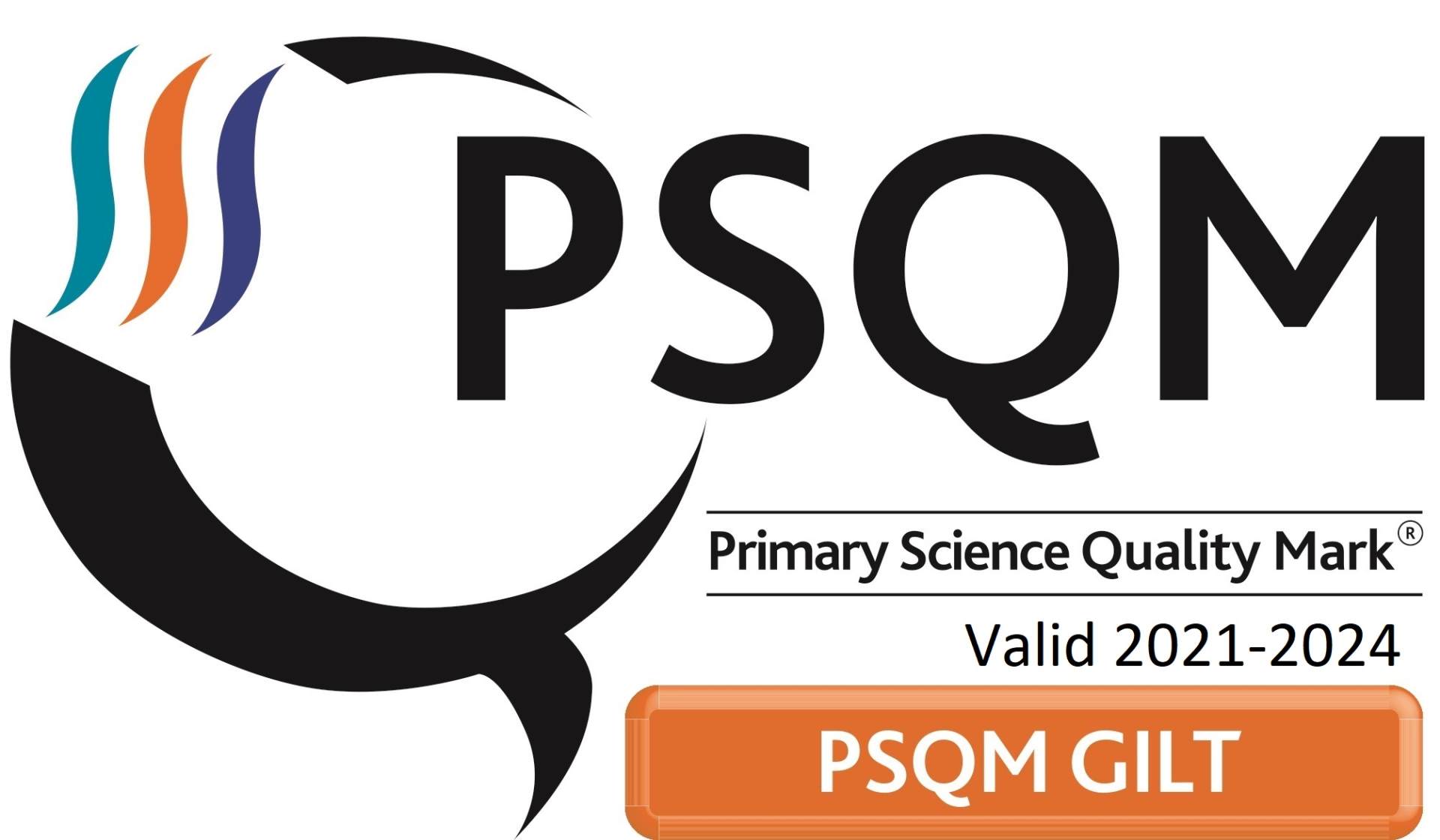
I feel very honoured to have been chosen to assess this submission. I am in awe at the dedication you have displayed in engaging parents and switching to an online format. Monitoring is another area of strength here, which again is impressive in a time of Covid. Well done to all of you!
PSQM Assessor
We have always had a strong focus on science investigation because we believe that children should develop the practical science (and general problem solving) skills which this teaches. This is supported by making those vital cross-curriculum links with our topic work and literacy to give context to our children’s studies. This includes, for example, the study of famous scientists, drama and relevant stories. Our aim is to awaken the natural curiosity in our children so that they start to ask questions and help them to make sense of the world around them.
Clean Air and the Environment
We are a gold level ‘Rights Respecting School’ and our science curriculum supports this:
Article 24 of the UN Convention on the Rights of the Child
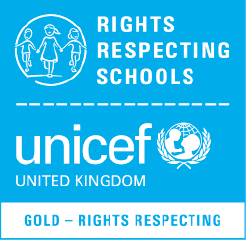
“Every child has the right to the best possible health. Governments must provide good quality health care, clean water, nutritious food, and a clean environment and education on health and well-being so that children can stay healthy.”
Our school has been heavily involved in campaign work to reduce air pollution and we have developed strong cross-curricular links between science, PSHE and our work as a UNICEF Rights Respecting School.
The Mayor, John Biggs, has visited our school to discuss air pollution and some of our children have returned the visit by going to the town hall. Working with the PTA, ‘Friends of Bonner’, our children have also helped lead an anti-idling campaign to encourage the local community to not idle their engines.
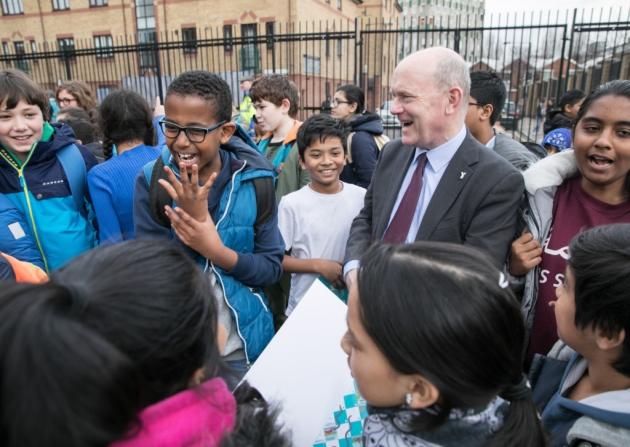
As a result, some of our children were invited to be on posters for a borough wide campaign, present speeches at a clean air event run by City Hall and trial new technology, such as pollution monitoring coats.

Links with the wider science community
We have a strong relationship with the Institute of Education and we are proud to support the development of new teachers by inviting student teachers in to observe our science lessons and speak to our children. Excitingly, we have even helped the Institute of Education and Times Educational Supplement (TES) develop training materials and videos to support teachers nationwide as they grapple with the challenge of training and improving the confidence of new teachers. This has included our lessons being filmed and our children and staff being interviewed. In addition, our staff have taken part in focus groups to support the Welcome Trust in developing new science resources, helped to develop science SATs papers with the NFER and SQA, and we have had an article published in the Association for Science Education journal.
Documents that we find interesting
Please click on any of these publications to read them. We have found them particularly interesting and they have informed our curriculum planning:
- Principles and Big Ideas of Science Education by Wynne Harlen
- ‘State of the nation’ report of UK primary science education by the Wellcome Trust
- ASPIRES: Young people’s science and career aspirations, age 10 –14 by Louise Archer et al.
- Maintaining curiosity: A survey into science education in schools by Ofsted
Science capital (The source of the following is the UCL Institute of Education website)
Deriving from the sociology of Pierre Bourdieu, the idea of science capital was developed by Professor Louise Archer and colleagues as a conceptual device to capture an individual's science-related resources and dispositions.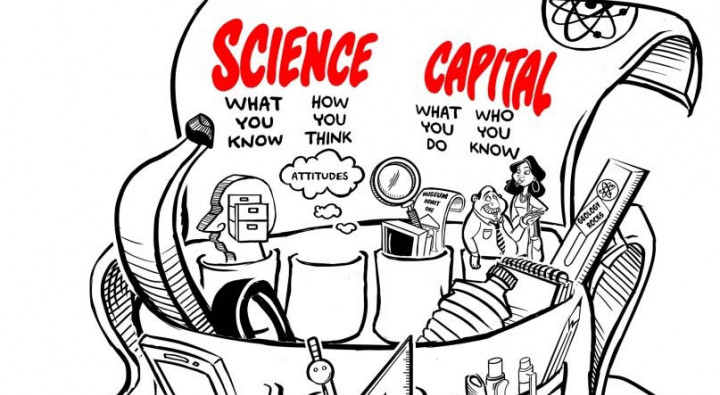
Science capital is a concept that can help us understand patterns in science participation - why some people engage with science and others do not.
In particular, it helps shed light on why particular social groups remain underrepresented in post-16 science, and why many young people do not see science careers as being 'for me', nor see themselves as a 'science person'.
The concept of science capital can be imagined like a 'holdall', or bag, containing all the science-related knowledge, attitudes, experiences and resources that you acquire through life. It includes what science you know, how you think about science (your attitudes and dispositions), who you know (e.g. if your parents are very interested in science) and what sort of everyday engagement you have with science.
At Bonner Primary School, we monitor our children’s attitudes to science through focus groups of children and questionnaires like this one. As a result, our curriculum includes a diverse range of scientists to inspire all of our children and we make sure that scientists are never seen as ‘wacky’ or ‘mad’ because this can be off-putting. We also engage parents through our biennial ‘Open Doors’ science event.
Horner’s Livery Company have been very supportive in helping to organise the evenings and we discuss possible science careers with the aim of showing that science is an important career route that can be pursued by any of our children.
Please click on any of these publications to read them. We have found them particularly interesting and they have informed our curriculum planning:
- Principles and Big Ideas of Science Education by Wynne Harlen
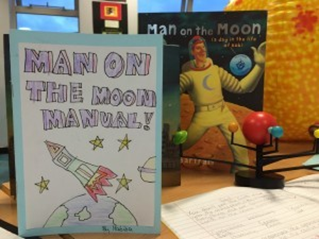
- ‘State of the nation’ report of UK primary science education by the Welcome Trust
- ASPIRES: Young people’s science and career aspirations, age 10 –14 by Louise Archer et al.
- Maintaining curiosity: A survey into science education in schools by Ofsted
Our research
We are currently undertaking PhD research with the University of Birmingham in year 4 science classes. The topic is: ‘Using interleaving as a teaching and learning strategy in primary school science’.

Interleaving is a teaching and learning strategy that involves changing the order of the science curriculum from blocks of the same topic to learning a different aspect of science each week. There is already research to suggest that this method improves longer term recall of knowledge and skills in maths, some sports like baseball and in learning about different artists. This is because the learner has to remember more than one topic at once and make links between the topics.
If you would like to find out more about this research, please get in touch and we will send you an information leaflet.

